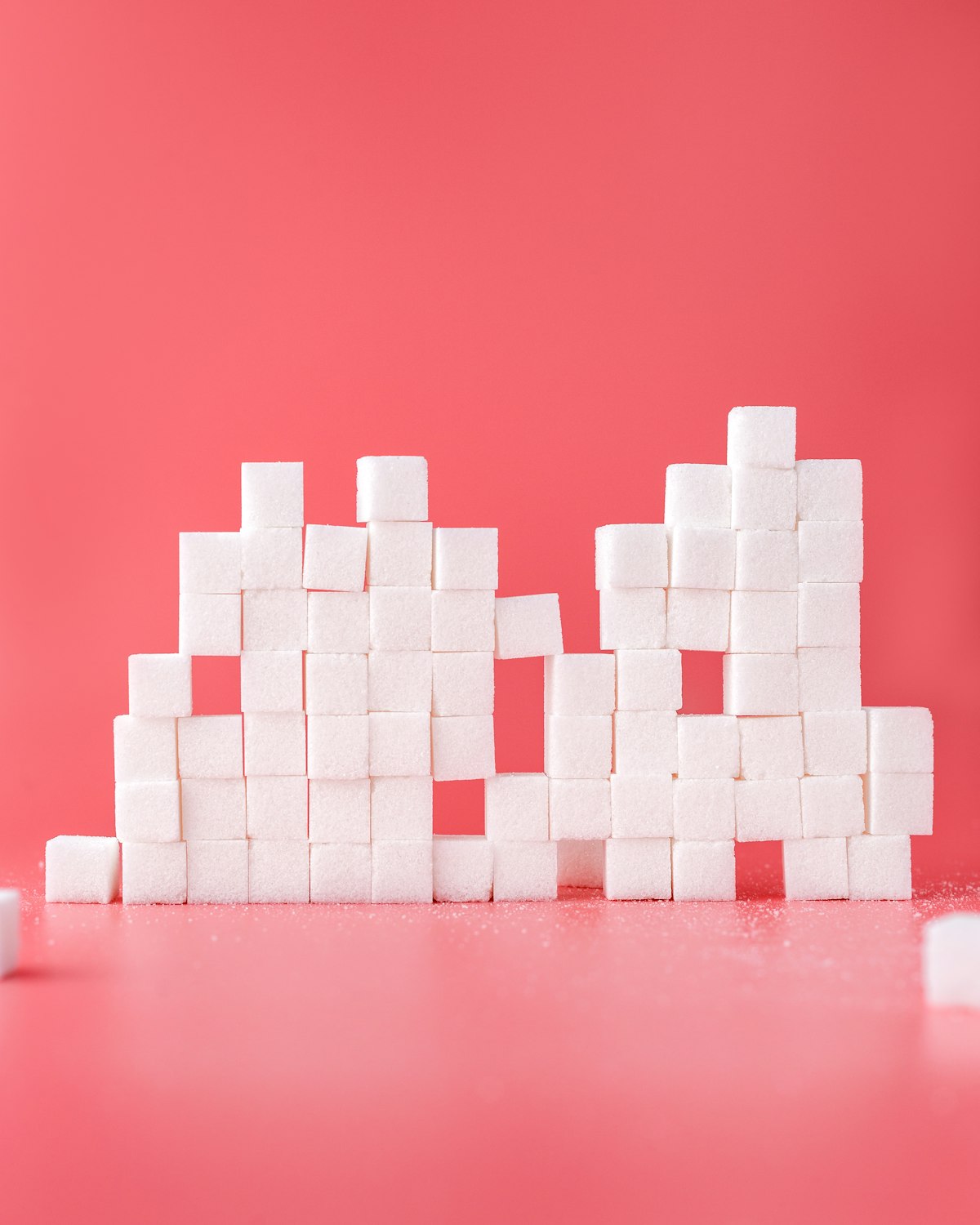Don't let sugar make your life bitter
In the last two decades sweeteners have gained popularity vs sugar as a healthier option in the diet, but are they really? Find out in this article.

Nowadays the consumption of sugars or foods rich in them has been stigmatized because of their direct association with diseases such as diabetes and obesity. For that reason, in the last two decades sweeteners have gained popularity as a healthier option in the diet, but are they?
No coffee lover would doubt that a cup of coffee varies greatly in taste when sweetened with white, brown, or mascot sugar. It goes without saying whether you use an artificial sweetener based on saccharine, aspartame, or sucralose, or a natural one, such as those made from the increasingly popular stevia plant.
With the guidance of Alfonso García Galaz, a research professor at the Food Science Coordination of the Food and Development Research Centre (CIAD), let's review what science says about the effects on our health of consuming each of the above-mentioned options.
White or brown sugar?
There is not much difference between white and brown sugar. We believe that there is a higher degree of refinement in white sugar, which implies the elimination of many impurities, including molasses. Brown sugar may have a lower degree of refinement, but it is also common for it to be the same white sugar, to which, at the end of the refining process, molasses was added to give it back that characteristic color that makes us think of a more "natural" sugar.
What makes it different from muscovado sugar?
Muscovado sugar is the most natural sugar that is marketed. It also comes from sugar cane but does not undergo any refinement, so it does contain minerals and some vitamins.
Are foods sweetened with sweetener sucralose harmful?
Sucralose is obtained from sucrose (the common table sugar) through chemical changes that replace hydroxyl groups with chlorine atoms, which prevents it from being absorbed in the intestine and, as a consequence, does not provide calories to those who consume it. However, some studies have shown that it affects beneficial bacteria that exist in the gut itself. Still, it is a sweetener endorsed by the World Health Organization and the U.S. Food and Drug Administration, so it is considered safe to consume.
Is stevia as good as it looks?
This is a relatively new sweetener in the market of Mexico and the United States; it has a greater tradition in South America. However, due to this short time on the market, the number of studies on health effects is also short. It has been postulated that it helps lower blood pressure and prevent cavities, among other benefits, but this has been the result of short-term observations. It is necessary to look at the long-term toxicological effects to ensure the suitability of this natural sweetener which, so far, has proved to be a good choice for the consumer.
Is it better not to consume any processed sugar?
The trend towards minimally processed foods is increasing, but the most important thing is not to stop consuming them but to develop an awareness of their abuse of them. We have to stop thinking that sugar is only on the table and when we pour it into the coffee. Processed sugar is also present in many foods we usually consume. In addition to avoiding excesses, it is always advisable to have the guidance of a nutritionist who can help us determine the levels of consumption that do not represent a risk to our health.




